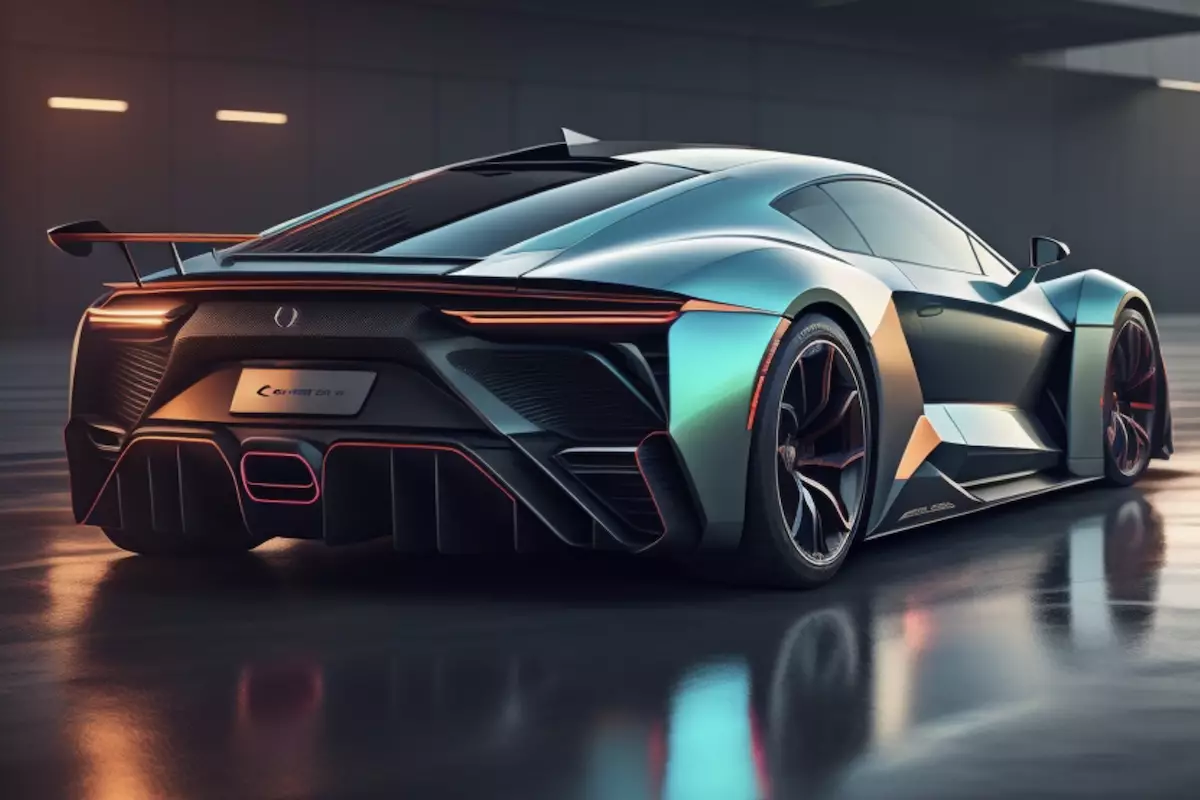Car tokenization represents a groundbreaking shift in the way we perceive and manage vehicle ownership. By utilizing blockchain technology to create digital tokens that signify shared ownership, individuals can now partake in investment opportunities previously limited to those with significant financial resources. This emerging trend is particularly prevalent in the realms of luxury and collectible automobiles, offering a new horizon for investors and car enthusiasts alike.
At its core, car tokenization allows for fractional ownership of vehicles. Instead of a single individual bearing the entire financial responsibility of purchasing a high-value car, multiple investors can jointly hold shares represented by these digital tokens. Such democratization of asset ownership opens the door for a broader audience to engage in the market for desirable vehicles without the formidable capital typically required for full ownership.
One of the most significant advantages of car tokenization is its ability to lower financial barriers to entry. High-end brands like Ferrari or limited-edition vintage models can elude many due to their price points. However, through tokenization, interested parties can acquire smaller stakes in these vehicles, thus participating in the ownership and investment process without the burden of full financial commitment.
Moreover, trading these digital tokens represents an ease previously unknown in traditional car ownership. The ability to buy and sell shares seamlessly contributes to increased liquidity in a market often characterized by its illiquidity. This feature is attractive to investors who wish to reduce their financial risk and pivot their investments in response to market fluctuations.
Shared costs present another compelling benefit for token holders. Ownership of a vehicle entails ongoing expenses including insurance premiums, maintenance costs, and storage fees. Dividing these responsibilities among multiple token holders allows for a more manageable approach to owning significant assets, potentially making the experience more appealing and feasible for novice investors.
The advent of car tokenization heralds the arrival of a new asset class in the investment landscape. Tangible assets, like rare cars that appreciate in value over time, are now accessible through digital tokenization. This opens up an entirely new avenue for those looking to diversify their investment portfolios, shifting focus toward distinctive physical assets rather than solely relying on traditional financial instruments.
The process of tokenizing vehicles involves several steps, beginning with the selection of a car worthy of investment. Whether it’s a brand-new luxury model or a cherished classic, the chosen vehicle is then divided into fractionalized digital tokens – each token signifying a share and stored securely on a blockchain. The utilization of smart contracts automates transactions and ownership transfers, resulting in enhanced transparency and reduced fraud risk.
A noteworthy instance of car tokenization in practice is evidenced by the collaboration between Renegade, a crypto banking firm, and Mulsano, a luxury car dealership. This partnership enables investors to purchase shares in premium collector cars for an entry price of $100 per token. The process is streamlined as Renegade facilitates payments through traditional currencies and cryptocurrencies, which enhances accessibility and consumer confidence.
Mulsano contributes its array of valuable vehicles to be tokenized, all while ensuring these cars remain on display in their showroom. This model not only fosters a sense of community among token holders but also permits them to reap financial benefits when vehicles are sold at a profit. Such collaborations showcase the practical applications of car tokenization and its potential to reshape investment strategies.
Despite the numerous advantages, car tokenization faces challenges that must be addressed for it to reach its full potential. Regulatory uncertainty looms large, as the digital asset space continues to evolve. Numerous jurisdictions still lack clarity regarding blockchain ownership laws, which can pose risks for investors and businesses alike.
Moreover, the complexity of blockchain technology can create a barrier to understanding for those unfamiliar with digital assets. Educating the public on the mechanisms of car tokenization and its associated risks is essential for broader acceptance as this innovative realm develops.
As car tokenization continues to mature, it presents promising implications for the future of automobile ownership and investment. As regulatory frameworks solidify and blockchain technology becomes increasingly mainstream, we can anticipate more companies venturing into this sector, thus widening the possibilities for fractional ownership.
While traditional car ownership will persist, the innovation brought forth by car tokenization is reshaping the automotive landscape. By allowing individuals to invest in shares of luxury and rare vehicles, tokenization provides an exciting alternative that aligns with the values of new-generation investors seeking flexibility, accessibility, and innovation in their financial pursuits. As the industry navigates its growing pains, the potential for change remains vast and enticing.

